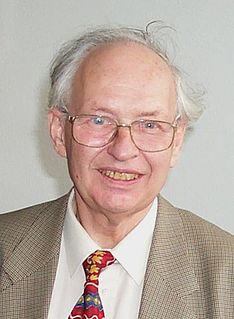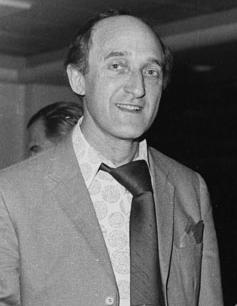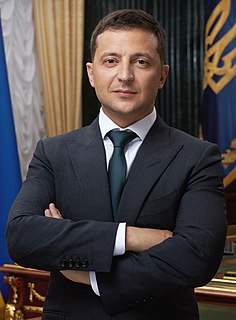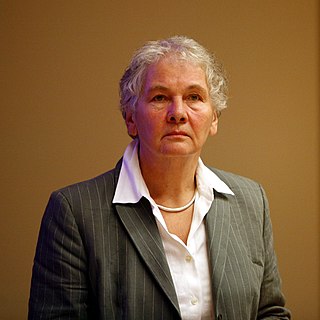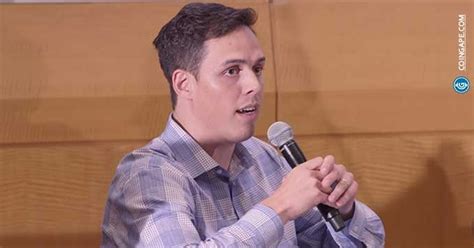A Quote by Reinhard Selten
When I finished high school, it was clear to me that I would study mathematics, even if I also considered economics and psychology.
Quote Topics
Related Quotes
Some fundamentalists go so far as to reject psychology as a disciplined study, which is unfortunate and polarizing. By definition, psychology is the study of the soul, theology is the study of God. Generally speaking, systematic theology is a study of all the essential doctrines of faith, and that would include the study of our souls (psychology).
I started in the law; and the study of law, when it precedes the study of economics, gives you a set of foundation principles about how human beings interact. Economics is very useful, and I studied economics in graduate school. But without understanding the social and organizational context of economics, it becomes a theory without any groundwork.
How should the best parts of psychology and economics interrelate in an enlightened economist's mind?... I think that these behavioral economics...or economists are probably the ones that are bending them in the correct direction. I don't think it's going to be that hard to bend economics a little to accommodate what's right in psychology.
It is almost as hard to define mathematics as it is to define economics, and one is tempted to fall back on the famous old definition attributed to Jacob Viner, "Economics is what economists do," and say that mathematics is what mathematicians do. A large part of mathematics deals with the formal relations of quantities or numbers.
